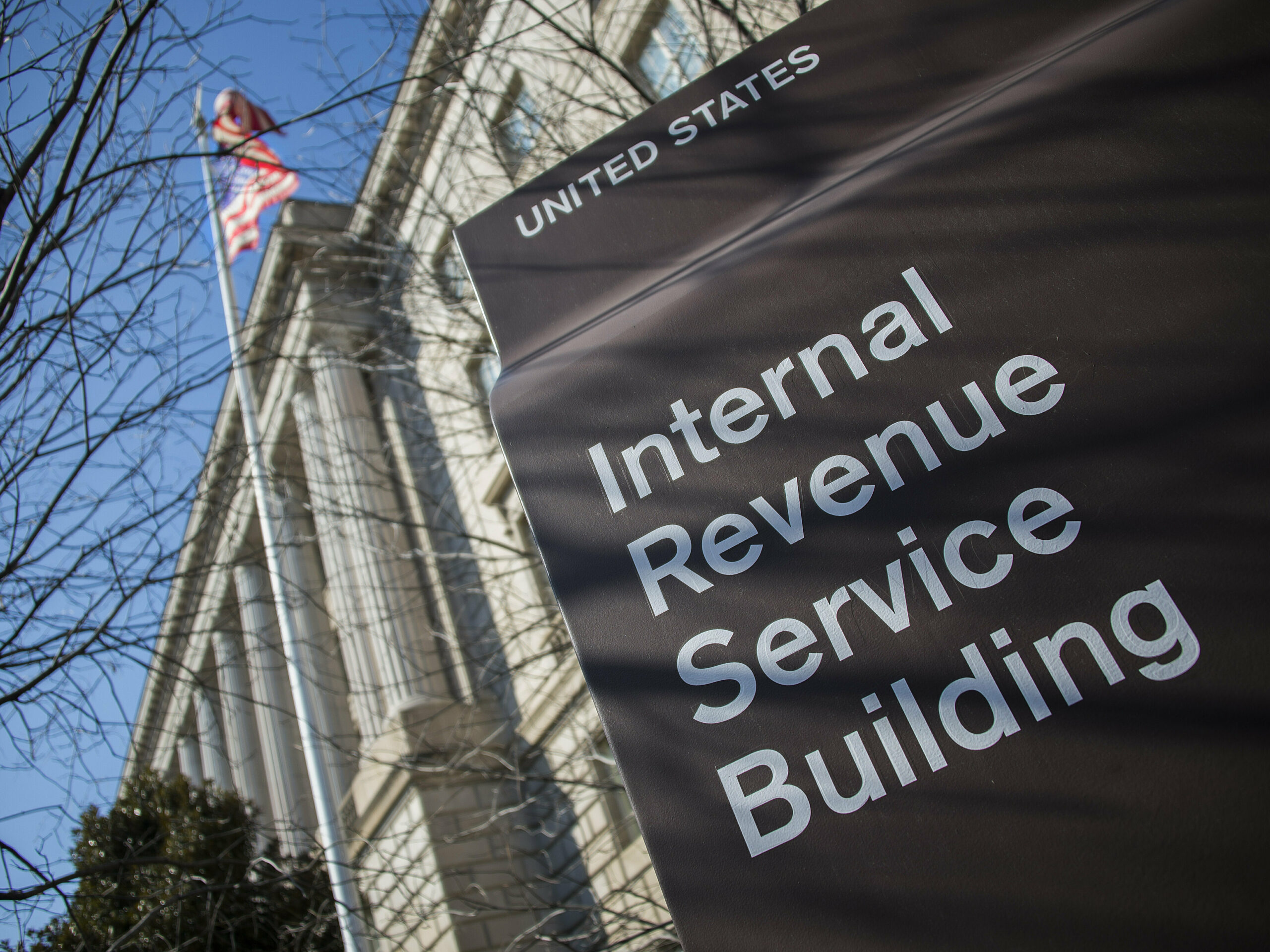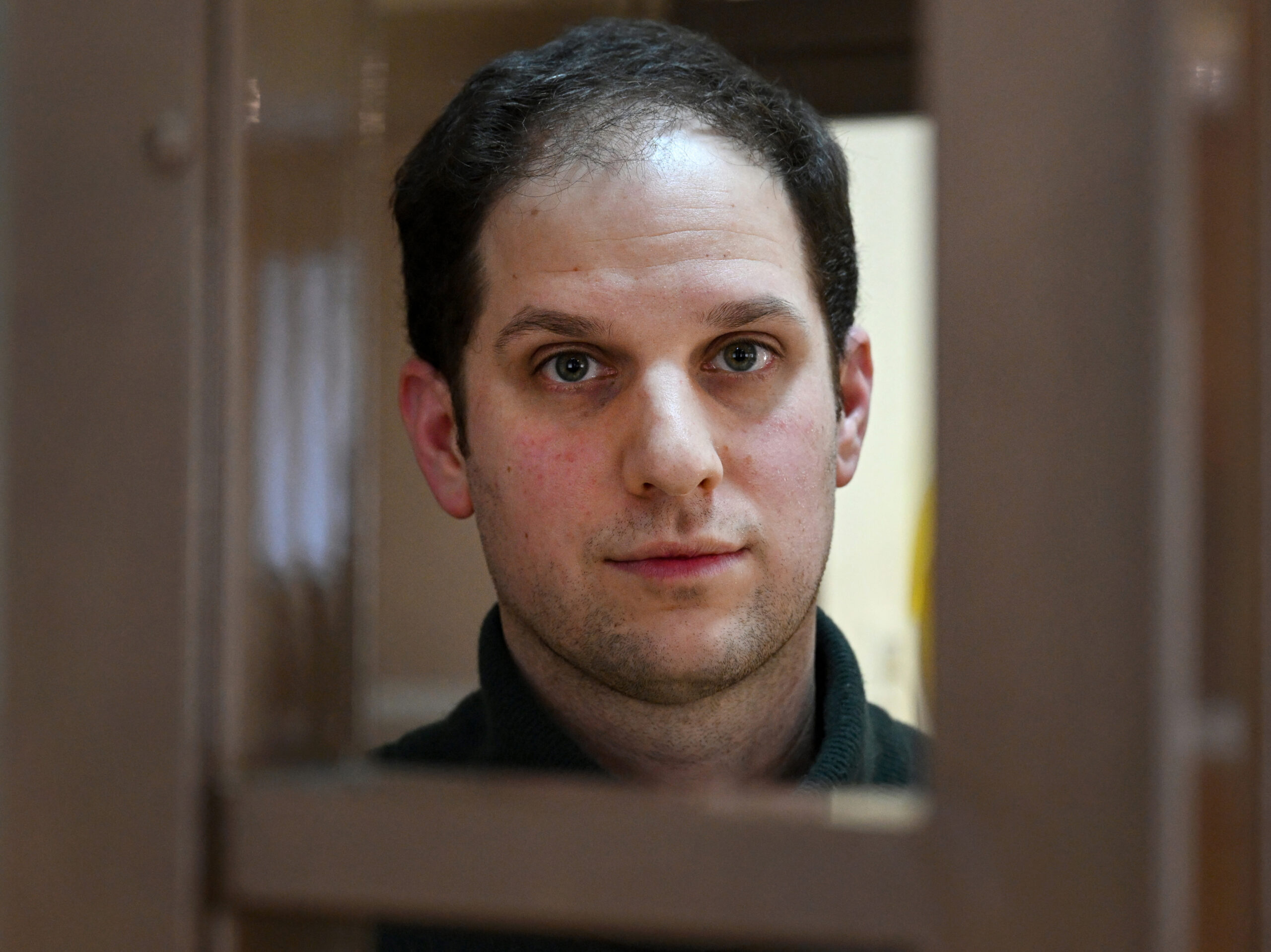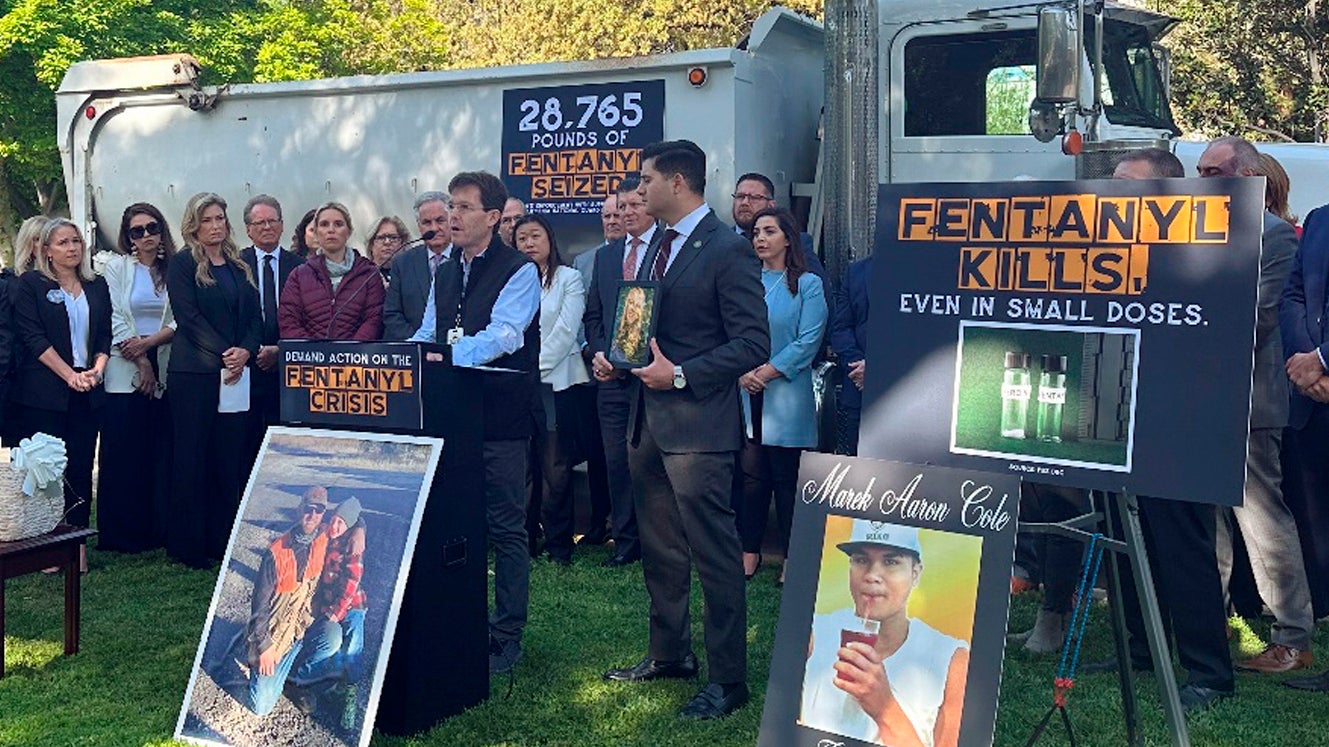John Vaudreuil, a U.S. attorney based in Madison, says Attorney General Eric Holder’s call for shorter sentences for nonviolent drug offenders will significantly change the way he tries such cases.
Holder’s proposal would eliminate mandatory minimum sentences for some drug offenses. Vaudreuil says it will result in a sea change in the way he approaches drug cases.
He says before charging a drug dealer based on how many grams of crack, cocaine, heroin or methamphetamine he sold, he will have to ask a series of questions: “Did this person have violence? Did they threaten violence? Did they possess a weapon? Was anybody hurt? Were there any minors involved? All the things that take it, in essence, from being just a drug dealer to someone who is running an organization.”
Stay informed on the latest news
Sign up for WPR’s email newsletter.
If the answer is “no” to all those questions, Vaudreuil would not ask a judge to impose a mandatory minimum sentence.
Holder is also calling for the release of elderly inmates who have already served long sentences and are no longer a threat to society. Linda Ketcham, who works with ex-offenders at Madison Urban Ministry, applauds that move but says it will require funding to care for people once they’re released.
“It seems not terribly compassionate to discharge someone who is terminally ill into a community where they will be homeless and die on the street,” says Ketcham.
One goal of these new policies is to reduce the federal prison population. It won’t affect crowded state prisons unless the states make similar changes in sentencing.
Wisconsin Public Radio, © Copyright 2024, Board of Regents of the University of Wisconsin System and Wisconsin Educational Communications Board.






